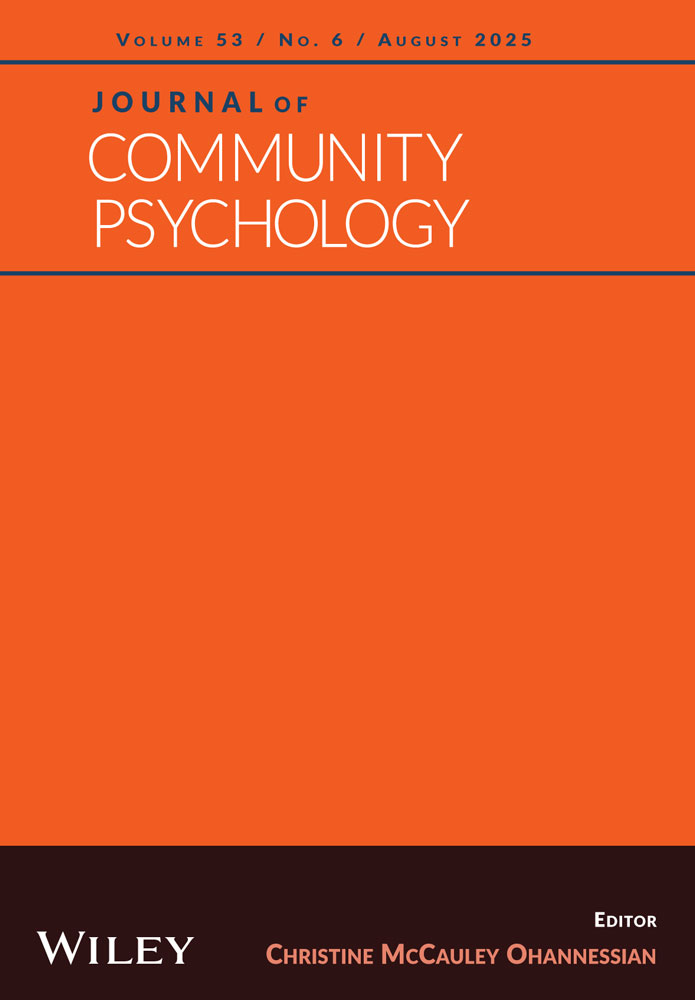Psychological and psychosocial adjustment of HIV-infected gay/bisexual men: Disease stage comparisons
Abstract
The association between HIV disease progression (asymptomatic, symptomatic, AIDS) and mental health and psychosocial adjustment was examined among 144 men living in the New York City metropolitan area who had sex with men. While mean levels of mental health reported by the men did not differ by disease stage, mean levels of psychosocial adjustment did, with asymptomatic participants reporting significantly higher levels of adjustment on average, than those with AIDS. The data indicated that gay and bisexual men with HIV or AIDS were at risk of intrapsychic distress throughout the disease course, but the likelihood of problematic adjustment associated with their social interactions appeared to increase with the progression of the disease. The data also revealed that the men reported relatively high levels of psychological symptomatology and low levels of psychosocial adjustment compared to normative general population samples, and lower levels of psychosocial adjustment compared with some samples of individuals having other acute or chronic conditions. The implications of these findings for community psychologists are discussed. © 1996 John Wiley & Sons, Inc.




